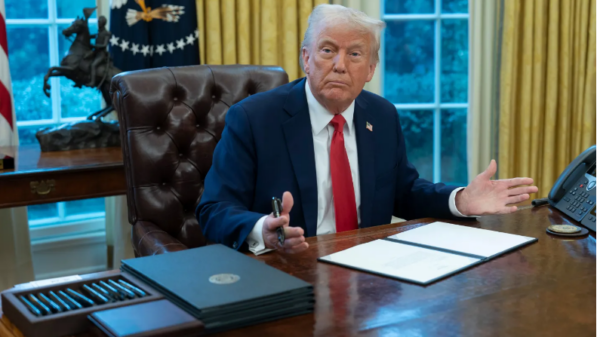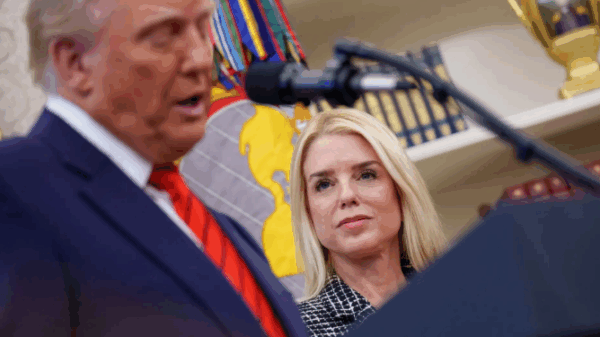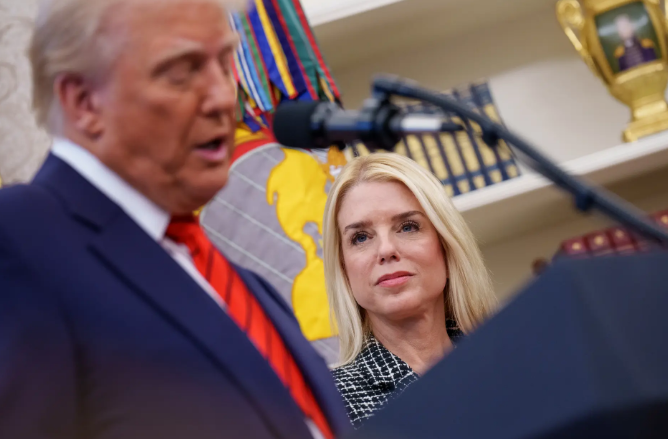The U.S. Department of Justice announced it will no longer provide the American Bar Association (ABA) with access to non-public information about judicial nominees, significantly limiting the organization’s ability to vet candidates for lifetime appointments to the federal bench.
In a letter sent Thursday to ABA President William Bay, Attorney General Pam Bondi cited concerns about perceived bias in the association’s evaluations. “Unfortunately, the ABA no longer functions as a fair arbiter of nominees’ qualifications,” Bondi wrote, describing the group as “activist” and accusing it of favoring Democratic administrations in its judicial ratings.
Going forward, federal judicial nominees under the Trump administration will not be required to share confidential materials with the ABA, respond to questionnaires, or participate in interviews with the group. Bondi said there is no justification for giving the ABA special access over other interest groups.
“The Department of Justice will not treat the ABA differently from any other activist organization,” Bondi said. In a post on social media, she added: “The American Bar Association has lost its way… The Justice Department will no longer give the ABA the access they’ve taken for granted.”
The move came just one day after President Donald Trump nominated six new federal judges, including Emil Bove for the U.S. Court of Appeals for the Third Circuit. Bove played a prominent role defending Trump during his recent criminal trial, which resulted in the former president’s conviction on 34 counts.
Other nominees include Kyle Dudek, John Guard, Jordan Pratt, and Anne-Leigh Gaylord Moe for judgeships in the Middle District of Florida, and Ed Artau for the Southern District of Florida.
The decision to limit the ABA’s role follows broader efforts by the Trump administration to curtail the association’s influence. In April, Trump signed an executive order threatening to revoke the ABA’s role as the federally recognized accreditor of law schools, criticizing its diversity, equity, and inclusion (DEI) requirements as “discriminatory.”
Critics argue the changes reflect increasing politicization within the Justice Department. “The Attorney General has made it clear that directions are coming from the very top,” said Liz Oyer, former DOJ pardon attorney. “What’s happening is the DOJ is being transformed into Donald Trump’s personal law firm.”
Founded in 1878, the ABA has long played a central role in evaluating the qualifications of judicial nominees. Its Standing Committee on the Federal Judiciary has provided confidential, non-partisan assessments of candidates’ legal competence, integrity, and temperament since 1953.
The ABA has not yet issued a formal response to the Justice Department’s announcement.









































